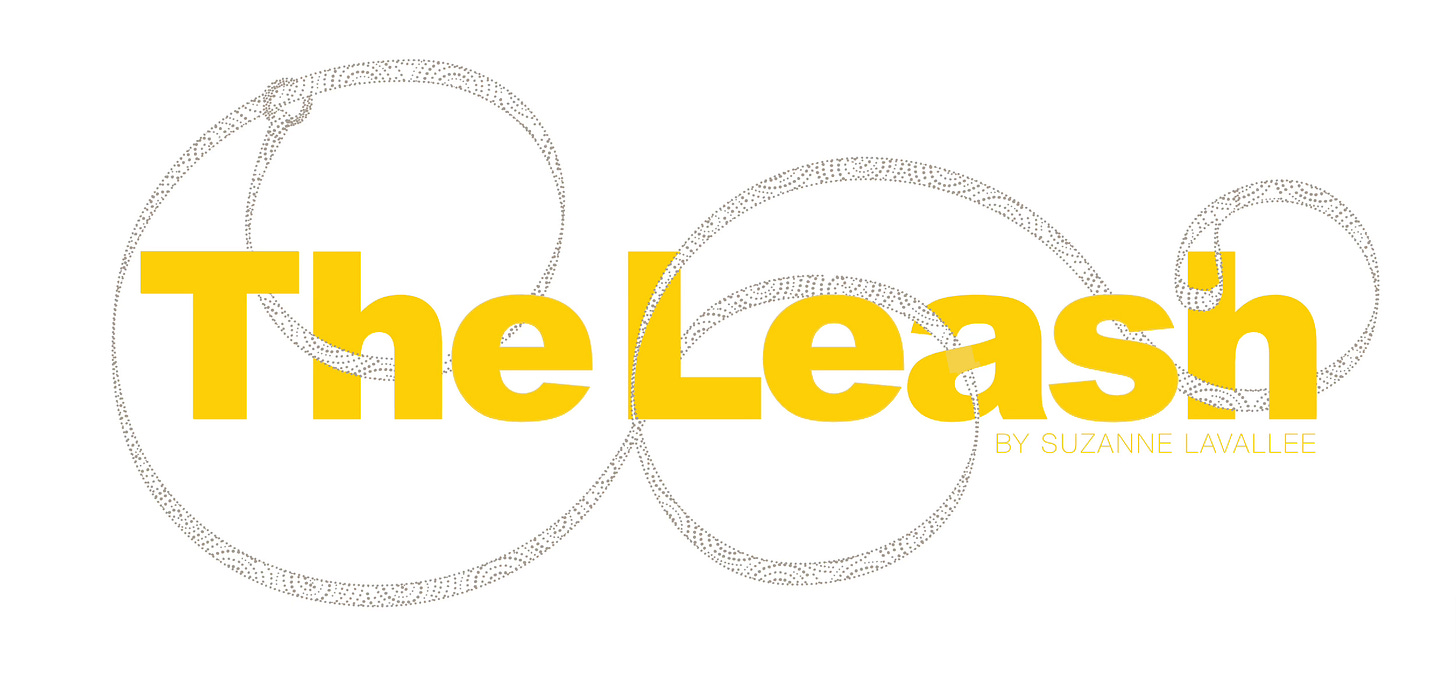Giving ✨
How Generosity Changes our Brains
Hello Friends!
I first published this article on how generosity changes our brains two years ago for the original dv. newsletter.
And you know what? It’s as feel-good and fascinating today as it was then. I’ve re-read it several times and it simply makes me smile. I mean, how could it not?! It’s the science of giving which I find absolutely amazing.
With the holiday season in full swing — and the competitive noise of sales tactics from Black Friday, Cyber Monday, Giving Tuesday and the like — I thought this article would be a brilliant way to cut through that clamor.
So, here it is again — delivering holiday cheer to your day and throughout the giving season.
xo ~ Suzanne ✨
It’s early December and the holiday season is in full-swing — which means so is the season for giving.
Giving comes in many forms.
How each of us chooses to give is often deeply personal. It may be in the form of a charitable donation or formal volunteering for a nonprofit. It could be helping a stranger or caring for a family member or gifting material objects.
What these and other examples have in common is that they involve “giving good things to others freely and abundantly” — the definition of generosity according to the University of Notre Dame’s Science of Generosity Project.
Tell most people that giving can make them happy and it’s no surprise to them.
What they may find surprising is the science behind it. A growing body of research has revealed that giving to others produces numerous psychological and physiological benefits.
Giving produces a “warm glow.” Literally.
Research has shown that prosocial behavior can cause body temperature to rise. More broadly, warm-glow giving describes a phenomenon where people feel pleasure when they spend money on others.
Originally introduced as an economic model that framed giving as a good but selfish act, the phenomenon has since been studied by scientists, who generally agree that giving releases feel-good neurochemicals like oxytocin and endorphins.
The exact neural processes that underlie the benefits of giving remain unclear, but a 2006 fMRI study provided some of the first hard evidence showing that giving involves a complex interplay between several brain regions, including the mesolimbic reward system and the decision-making prefrontal cortex.
The researchers wrote that “human altruism draws on general mammalian neural systems of reward, social attachment, and aversion.”
Charitable giving can boost both mental and physical health. Research shows that those who volunteer live longer and have happier lives.
Volunteering delivers a host of benefits to the body and brain. One study showed that elderly people who volunteer are 44 percent less likely to die over a 5-year period than those who don’t.
So whether your generosity comes in the form of your time or money, you can experience: lower blood pressure, lower stress levels, less anxiety and depression, increased self-esteem.
Four Great Reasons to Begin a Tradition of Giving
Giving makes you feel happy.
Your brain's pleasure circuits are stimulated by acts of charity and release "good feeling" chemicals such as endorphins, which give you a sense of euphoria, and oxytocin, which promotes tranquility and inner peace.
Giving is good for your health.
Stress is the catalyst for many known health issues. Giving has been proven to decrease blood pressure and reduce stress. This reduction promotes longer life and better health.
Giving promotes social connection.
Studies show that when you give to others, your generosity is often continued down the line to someone else, or returned to you — strengthening our ties to each other.
Giving is contagious. When one person gives, it inspires others to do the same.
Why Do We Give?
It appears that our predisposition to giving is grounded in evolution. A host of studies have uncovered evidence that humans are biologically wired for generosity.
Acting generously activates the same reward pathway that is activated by sex and food, a correlation that may help to explain why giving and helping feel good, as well as provide further evidence for the idea that prosocial activity has been an important evolutionary adaptation.
Though researchers debate the extent to which humans are innately generous, a great deal of research strongly suggests that generosity has deep evolutionary, biological, and developmental roots in humans.
As a whole, this research suggests that far from being frivolous or superfluous, human generosity might be deeply embedded in human behavior and play a vital role in our personal well-being and survival as a species.
For more in-depth reading on the science of giving, visit these websites:
https://www.ncbi.nlm.nih.gov/pmc/articles/PMC1622872/
https://www.conehealth.com/services/behavioral-health/4-health-benefits-of-giving-to-others-/
https://ggsc.berkeley.edu/images/uploads/GGSC-JTF_White_Paper-Generosity-FINAL.pdf












